1. Make sure it’s the right time to record a demo.
There are several reasons to hold off on recording your new musical. Demo recordings are expensive. They can cost hundreds if not thousands of dollars, especially if you want orchestrations and need to pay an orchestrator. Also, demos can become outdated very quickly. If the show is still growing and songs could be cut, changed, or vastly altered over time as the show develops, you’re wasting money and time to record them. On the other hand, you need to have a recording ready for submissions for festivals, workshops, theaters, producers, and agents. You also need them to help build enthusiasm for your show by uploading them to a website or a Facebook page. One practical consideration is that it’s easier to teach actors for readings, showcases, etc., if they can listen to a track beforehand. This saves the musical director lots of time when teaching the music. Here’s a checklist to help you decide when to create a demo recording:
- Is the show’s score complete?
- Are you ready for submissions?
- Do you have a website and/or Facebook page that needs clips?
- Have you received feedback on your music? (It’s always good to play it for some people, make some changes/adjustments before you finalize your music with a demo)
- Do you have the money? (Prepare to spend a couple thousand dollars on performers, studio space, and sound engineer time.)
2. Look for ways to save money on your demo recording.
Can you make a cheap demo? Here are some suggestions to help reduce costs:
- Ask friends or people you know to sing on the demo as favors or for little money. It’s also a good way for performers to have material to include on their resume.
- Use piano-only demos. Most of the time we only need to hear a voice and a piano accompaniment for us to tell if the song works. Contest and festival judges also only require/expect a piano and voice demo.
- Create only a partial demo. You don’t need to include EVERY song in your show on a demo. Most festivals/contests only require about 50-60% of the songs anyway and the more songs you record for a demo, the more music needs to be mixed/recorded, which means greater cost.
Composer Eric Sirota (composer of the Frankenstein musical playing Off Broadway at St. Luke’s) describes his process for early demos that served the purpose of both submission entries as well as for teaching the music to performers:
“Using a Sibelius* generated accompaniment, with a laptop, and using Logic Pro**, I got very good demos. Each song took not more than an hour for any singer to make a demo, even when seeing the music cold. We could easily edit multiple takes. These were good enough for submissions and performers initially learning music.”
*New to Sibelius? Learn the basics in this Udemy Sibelius online course. If you’re just starting out, Sibelius has a free version that allows you to compose simple scores with up to 4 instrument parts. Take the Udemy class and give it a trial run before purchasing the full version. **Want to learn Logic Pro? View the top rated Udemy course on Logic Pro here.
3. Record your best work, and make sure there is stylistic variety.
If you’re creating a partial score demo, make sure you include your best songs and give variety (don’t only record of all the show’s ballads). The point is to give your listener a taste of the range of the score and you want to entice them to see it or hear more.
4. Make the demo recordings easily accessible.
While there are a few occasions where you might still need to submit a hard-copy demo on a CD, most submission opportunities will require digital files (which is likely now how you will create your demo anyway). I suggest that you keep those files in 3 places:
- Your computer. Keep a copy or backup of your demo recordings on your computer’s hard drive or an external backup. When the internet goes down at the least opportune time, you’ll to be able to get to your demos.
- Online storage. Services such as Dropbox, Box, Google Drive and others offer free and paid storage options so you can upload your demo recordings and share with others. To save email space when submitting your musical, link to a shared folder of demos instead of attaching them to the email. Trust me….the theatre or producer will thank you. Here’s a good article comparing online storage options.
- An online music site. While online storage sites keep your files private unless you directly share via a link, online social music sharing sites such as Soundcloud allow your music to be heard by the masses. Use keywords to drive traffic, and share your playlist on social media for even more attention.
Note: A Demo Recording is Not a Cast Album Do NOT mistake a “demo” for a “cast album.” Cast albums are only for professional/finished productions. It can be satisfying to have your full score sound like a Broadway show, yes, but they also cost a fortune and unless you’re looking to put this album on iTunes or Amazon, I would not advise it. Most professional cast albums cost tens of thousands of dollars to produce.

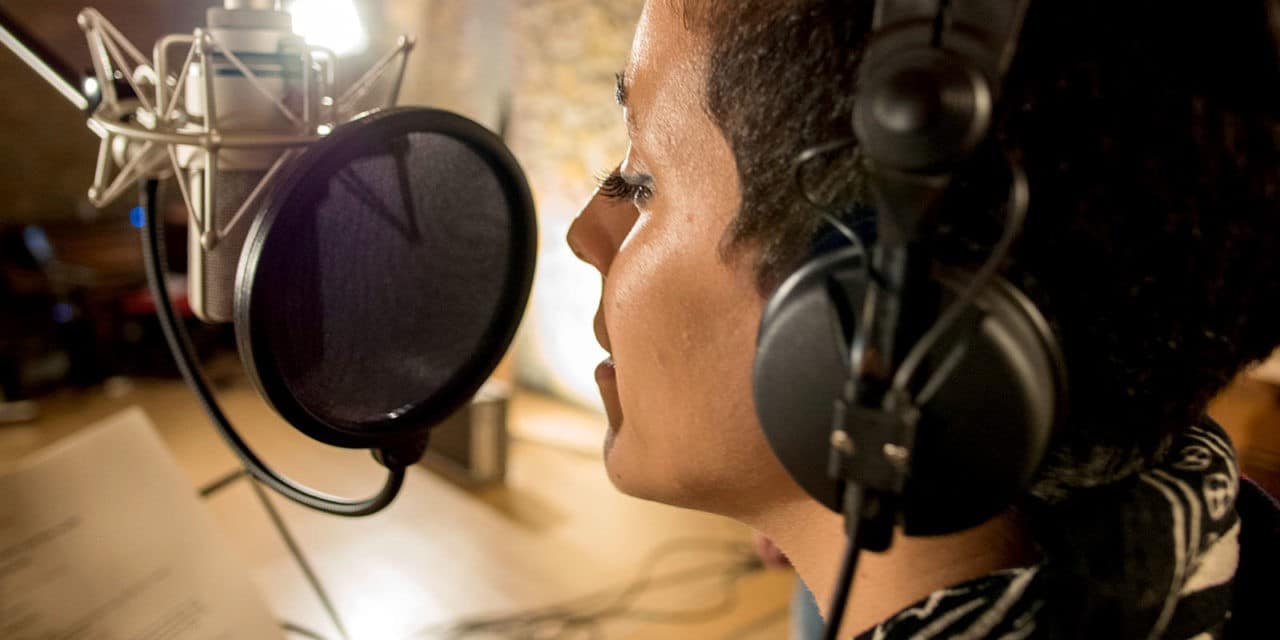




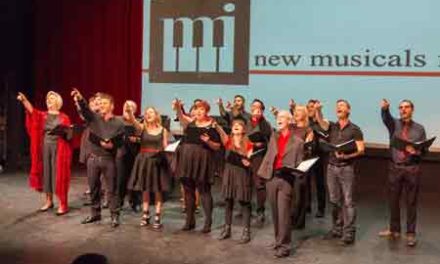
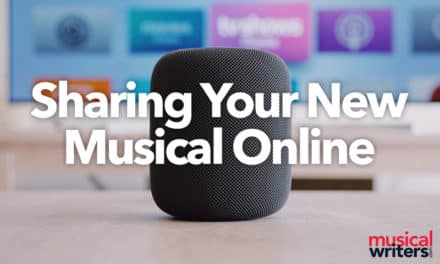
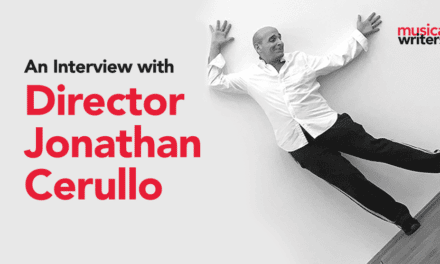
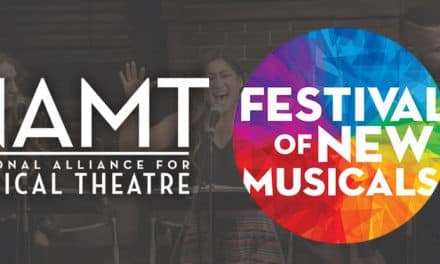


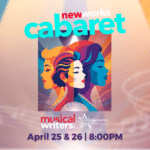
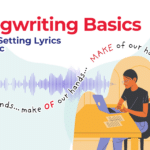








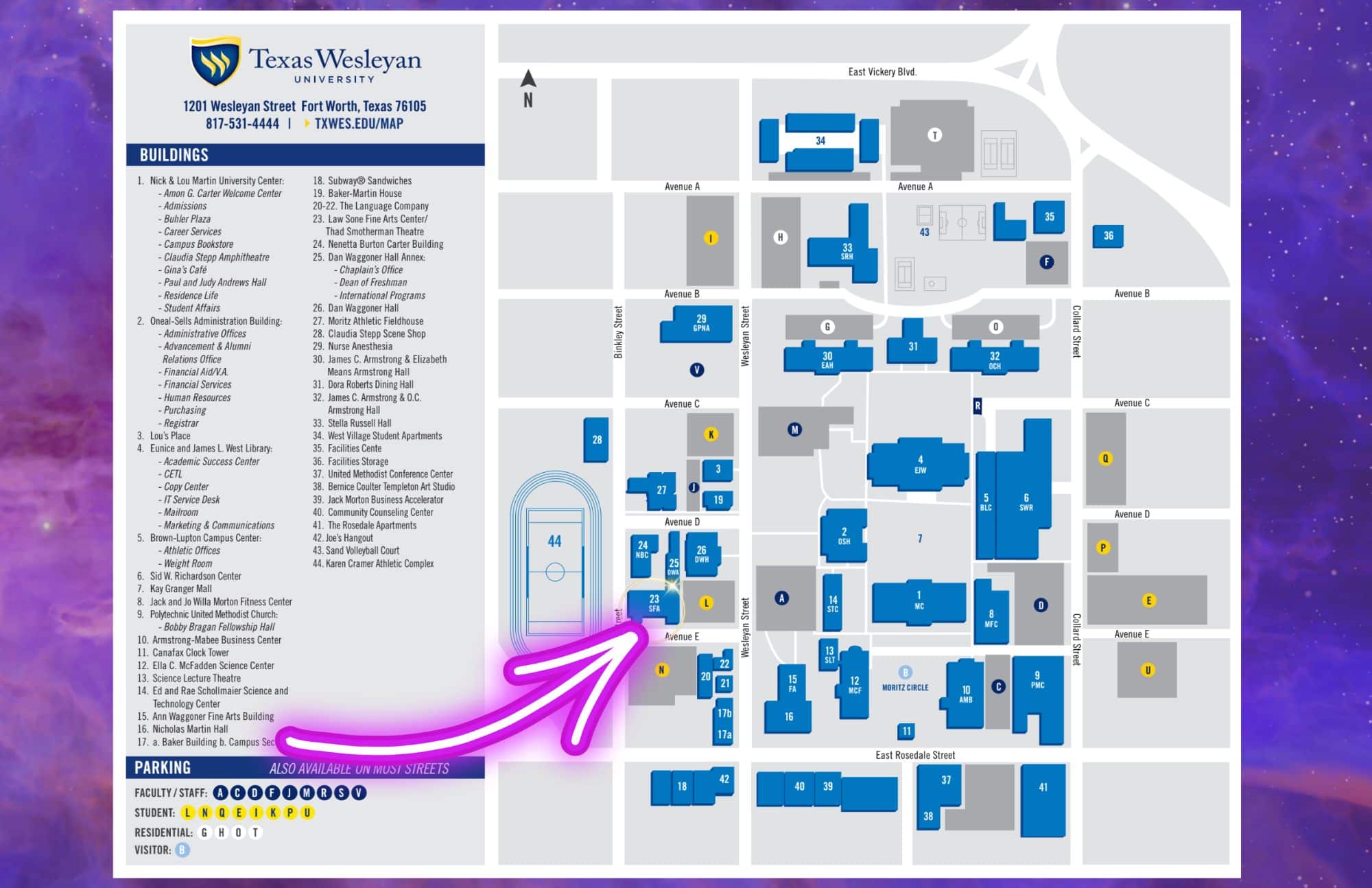
I find that all of my demo recordings can be done on GarageBand, using my Mac. I can add instruments, change the vocals, to keep pace with re-writes of lyrics, add harmonies, rhythm, instruments, and then save it as a WAV to upload to SoundCloud; or MP3, to share with others. Of course, Sibilius generates great MP3 tracks, that I import into Garageband, and then just record the vocals. I use my simple MAC microphone-attached headphones for all my vocal recording. No need for expensive home set-up! Ain’t technology great!!
Nancy,
That’s exactly what I do! Except I use Finale. I’d love to see a discussion of Sibelius vs. Finale. Any insight to that?
People looking for a music scoring/writing tool with playback should seriously consider MuseScore. It’s a free open-source tool that, particularly with version 3 released a bit over a year ago, is functionally equivalent to Finale or Sibelius for the vast majority of users. It’s solid, slick, and there’s a lot of good support available.
My husband and I got started with Finale a while back, so we dance with who brought us. I’ve heard others that recommend that as well, just never have given it a go. I’ll check it out!
Something I am doing with my songs with my music producer is setting up a live show case. With 5 musicians and 6 singers, I can get two rehearsals and one live show for the price of doing all 15 songs done one at a time in a studio. The show will be recorded and have video cameras. The audience will pay a donation and the venue charges a minimal fee. There could be mistakes, but a live show also give me feedback before I send any thing out to prospective theaters.
Yes, this is a great idea! We just did this as a concert reading of our show. Make the most of your time, venue, singers and musicians while you have them!
Can two rehearsals and a show really give the performers enough time to get the timing down on lyrics. I feel like when I record with singers it can take a few hours to get it good enough even to comp, much less for them to be able to reliably know the phrasing for an hour or so worth of singing. Any tips? Thanks!
Along with the score, I provide the singers with a demo recording of each song as well as a rehearsal track with no vocals. It’s a simple demo with me singing all the parts, and a basic piano accompaniment to rehearse with. They have that weeks in advance so they can practice and learn the material on their own. It makes a huge difference. Then when you come together they are already have a good feel for the piece.
I use Notion, an IOS app which I find more easy and intuitive than Sibelius or Finale. It also produces extremely good sounding instrumental tracks from a score, better than Sibelius, which I also own. Sibelius is better for printing a polished finished score. Notion is better for quickly creating and arranging a song and producing polished instrumentals. Because Music XML is common now you can easily move scores between programs if you need to share or collaborate.
Hi! I have a new musical. I have an agent and we are pitching it to LORT and larger theatres now. It’s a very big piece so I’m focusing on bigger producing companies. What happens if the dog catches the car? What if one out of a 1000 theatres has an interest. What’s on the other side of that door? What would they want, and what do they offer in return? Peace!